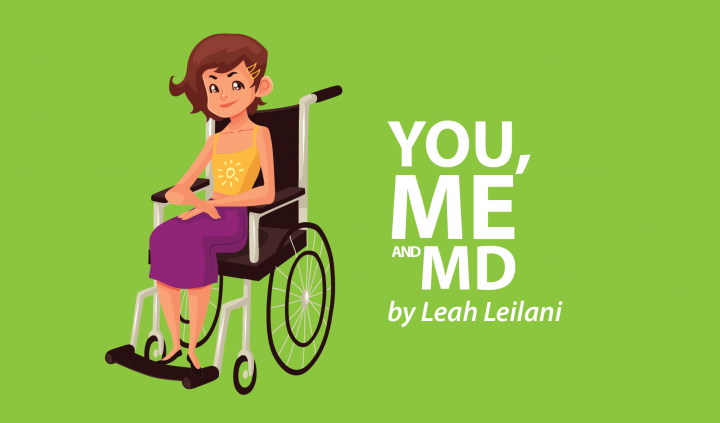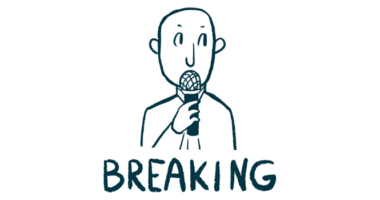Adjusting to Life Without My Gallbladder

“That’s right. You’ll be able to resume your regular diet after gallbladder removal.” My surgeon’s words ring in my ears as my television airs food commercials and I chomp on carrot sticks.
Two weeks after my operation and I’m finally back to my old self. I can flaunt my skinny jeans without worrying about irritating my scars. My cells are back to making their usual amount of energy, which means no more greasy hair or stinky breath from not being able to brush my teeth. Gone is my morning sensitivity to all foods except cereal, and my painful gas and bloating. I’m particularly happy about the latter.
Now comes the most daunting part of recovery from this surgery: acclimating my digestive system to life without a gallbladder.
The gallbladder is an incredibly underrated organ. People assume it is useless and not necessary to survival, similar to the appendix. While we can live without a gallbladder, its purpose is to break down fats with bile. Without a place to store the bile, it flows from the liver directly to the small intestines and makes fatty foods harder to digest.
I chose peanut butter to test how my new gallbladder-less digestive system would handle fats. Ten minutes later, I felt the familiar lower abdominal discomfort of oncoming diarrhea. I rushed to the bathroom as fast as possible for someone with muscular dystrophy and abdominal incisions. To quote J. Bernal, writer of “The Gall Bladder Survival Guide,” “My poop had gone completely soft-serve.” Exiting the bathroom, my muscles felt like jello and my cells drained of all fluid.
Muscular dystrophy makes any illness more exhausting. Colds can last weeks and end in a hospital stay. Infections take twice as long to heal. Diarrhea and vomiting are unexpected demons that rob us of our plans. This makes a relatively simple gallbladder removal that much harder on an atrophied body like mine.
I did some research to give me direction with my diet after gallbladder removal. Suggestions included eating foods with no more than 3 grams of fat per serving, and slowly increasing fiber intake.
I also learned about bile supplements. They allegedly help the body break down fat and make resuming a normal diet easier. I decided to try supplements recommended by a YouTuber who had gallbladder surgery. I took my first supplement Oct. 17 with a sliver of a doughnut and did not experience any loose stool. I plan to keep track of my experience with the supplement, so stay tuned.
All in all, I am happy that I chose to have my gallbladder removed. I think the future looks bright.
***
Note: Muscular Dystrophy News is strictly a news and information website about the disease. It does not provide medical advice, diagnosis, or treatment. This content is not intended to be a substitute for professional medical advice, diagnosis, or treatment. Always seek the advice of your physician or another qualified health provider with any questions you may have regarding a medical condition. Never disregard professional medical advice or delay in seeking it because of something you have read on this website. The opinions expressed in this column are not those of Muscular Dystrophy News or its parent company, Bionews Services, and are intended to spark discussion about issues pertaining to muscular dystrophy.







JH
Hello. I am curious about something. Do you think that a state of muscular dystrophy can be onset by a failing/removed gallbladder? As mine was going out, I have seen a lot of muscle wasting in my body. After it was removed, it's gotten a bit worse over the past few years. I believe I saw somewhere that the body doesn't absorb vitamins/nutrients properly after the removal of the gallbladder. I was thinking this perhaps had something to do with changes put on the liver's performance.
Jane
I have put on weight so much since removal of my gallbladder, Mostly in my hips ,bum,legs.and I don't eat fatty food.Any suggest on losing weight.